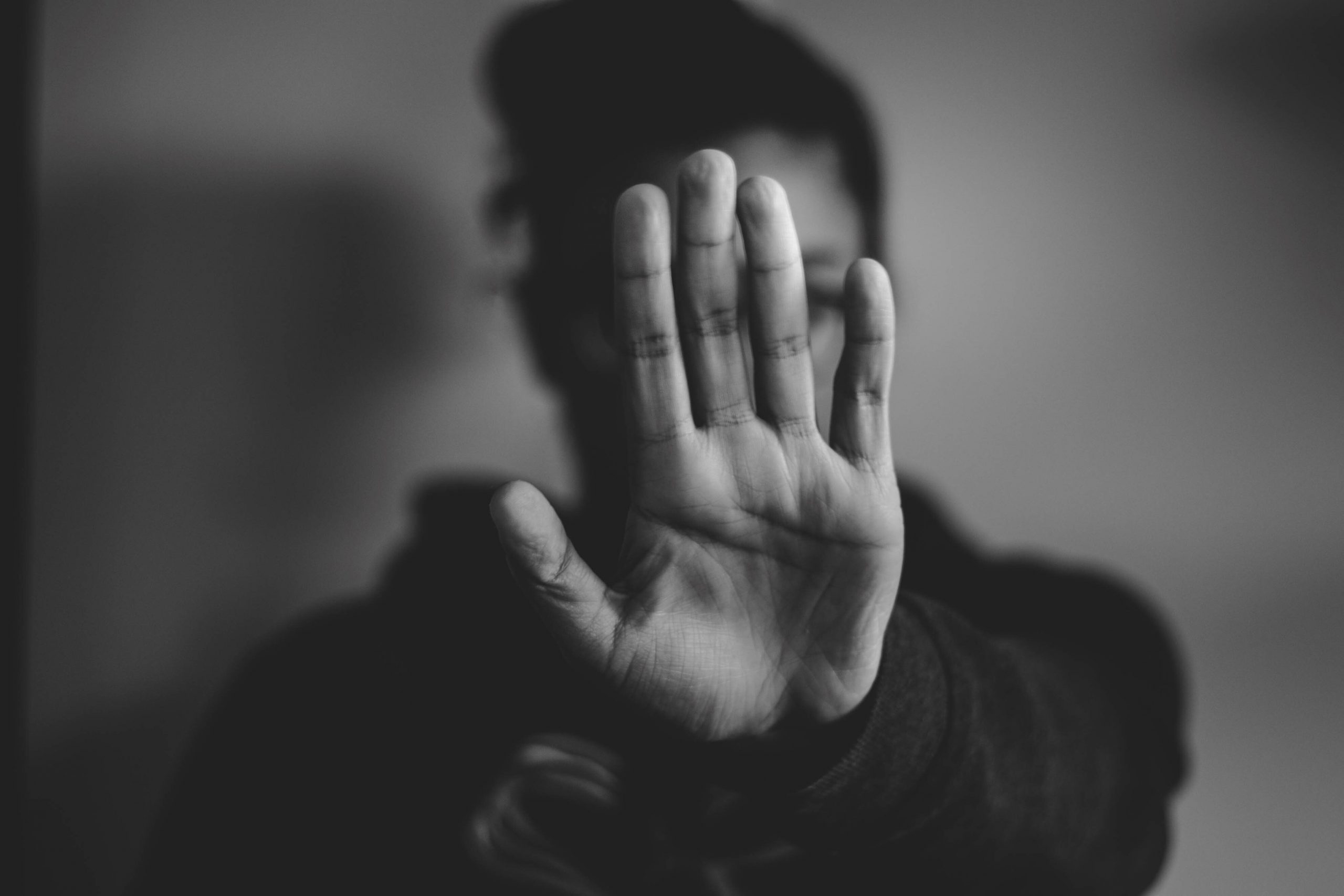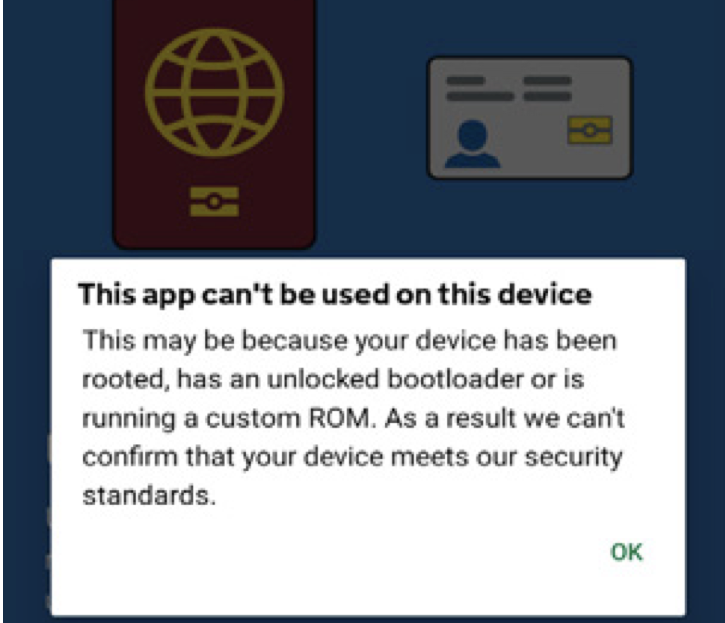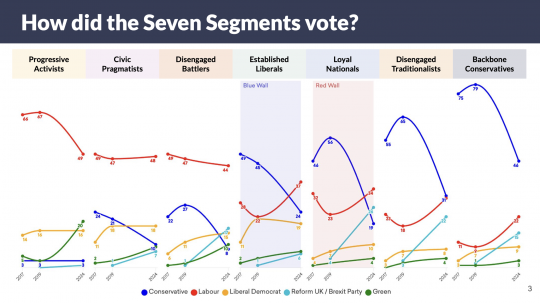The August 2024 far right riots were the UK’s worst since 2011, significantly impacting the country’s socio-political divide. But what happened when law firms and lawyers themselves were targeted? Ono Okeregha, the Director of Immigration Advice Service, whose firm was listed as a potential target, explains the action they took as well as how communities played a vital role in overcoming hate.
The riot was a consequence of the misinformation that spread online following the 29 July Stockport stabbing at a Taylor Swift-themed dance club in which three children lost their lives.
Around a month after the attack, far-right groups staged a protest which escalated into a nationwide unrest, prompting swift reactions from law enforcement. Immigrants, law firms, and immigration organisations were the main targets of the protests.
Violent protesters attacked immigrants in their shelters, including those granted leave outside the rules for health and humanitarian purposes. Arson and looting were also perpetrated by the violent protesters, plunging the entire country into a state of emergency.
Impacts of the protest on Immigration Firms
Initially, law firms were concerned about the safety of their client base, mainly immigrants and asylum seekers. However, their worries compounded when the firms and lawyers became a target for attacks. Some of these firms shut down during the protests, and their lawyers scurried to safety. Many cancelled face-to-face appointments and went into hiding.
As potential targets, we had to take action to protect clients and staff and we commend the Oldham community on their response to the protest, highlighting their supportiveness and togetherness.
The impact of the protest on individual lawyers is mainly psychological. Many couldn’t return to work due to insecurity, and when they do, they constantly fear that they can be targeted anytime.
Some firms have explored organising private counselling for their affected lawyers to help them cope. While counselling is a decent short-term solution, it’s up to the government to provide lasting solutions to the recurring issue.
Impacts across the UK
While the protest’s toll on legal firms is significant, the communities they serve also suffered. From Stockport to Liverpool, Manchester, and even London, casualties and injuries were plentiful amidst the uproar.
The protesters’ main infrastructural targets were mosques, community buildings, and hotels housing asylum speakers nationwide. In the end, these communities are left with millions of dollars worth of damages.
Also, the deaths and injuries take a toll on the victims’ families and the collective well-being of the community. We’re then left with scarred communities around the country, finding it difficult to move on, not to mention the hatred and disunity that the misinformation causes countrywide.
Communities played a key role
While the protests scarred the nation, the united efforts of communities across the UK are well on the way to healing it. Counter-protests by different anti-racism groups contributed massively to ending the unrest.
Many aid groups have also stepped up to help rebuild badly affected communities. One of such commendable efforts is setting up a GoFundMe campaign to help repair infrastructures in Liverpool.
Race Equality Foundation also featured around 15 organisations dedicated to helping women and children recover from the distressing incidents of the riots. Citizens UK’s letter calling for a collective effort to rebuild communities also went a long way in inspiring humanitarian activities across the country.
Many lawyers have testified that they received support from their immediate community during the protest. Faith leaders also condemned the unrest and called for unity in tackling the issue.
How have authorities responded?
The authorities’ response to the protest is commendable, although experts have called for more proactive measures in tackling future occurrences. Public servants worked their bit, with Prime Minister Keir Starmer calling a Cobra meeting twice to address the emergency.
The counter-terrorism chief, Matt Jukes, noted that some of the riots may be classified as acts of terrorism. The UK authorities went ahead to arrest over 400 people nationwide and charged many of them with lengthy prison sentences. However, despite these efforts, little seems to be being done to prevent a repetition of future occurrences.
What is the way forward?
Anti-immigration, islamophobic, and racist sentiments are far from over in the UK unless the narrative is changed. There is a need for public sensitisation that immigrants aren’t the cause of the country’s problems, and stricter measures must be taken to curb anti-immigrant comments on all media channels before they escalate into widespread protests.
Swifter response plans should be implemented to ensure that law enforcement can respond quicker to crisis zones. Not only would it help in curbing riots before they become uncontrollable, but it would also help enhance reaction times to crimes like the mass stabbing that led to the protest.
Improving the conventions of community policing has been a constant debate, as it would help make law enforcement more accessible and responsive. Perhaps now is the best time to double up on policies that can help improve prevention and response to issues threatening the legal system and national unity.
Above all, protecting immigration lawyers and specialists in times of uproar should be paramount. Stricter penalties should be meted out for crimes that involve violence against lawyers to deter future occurrences.





